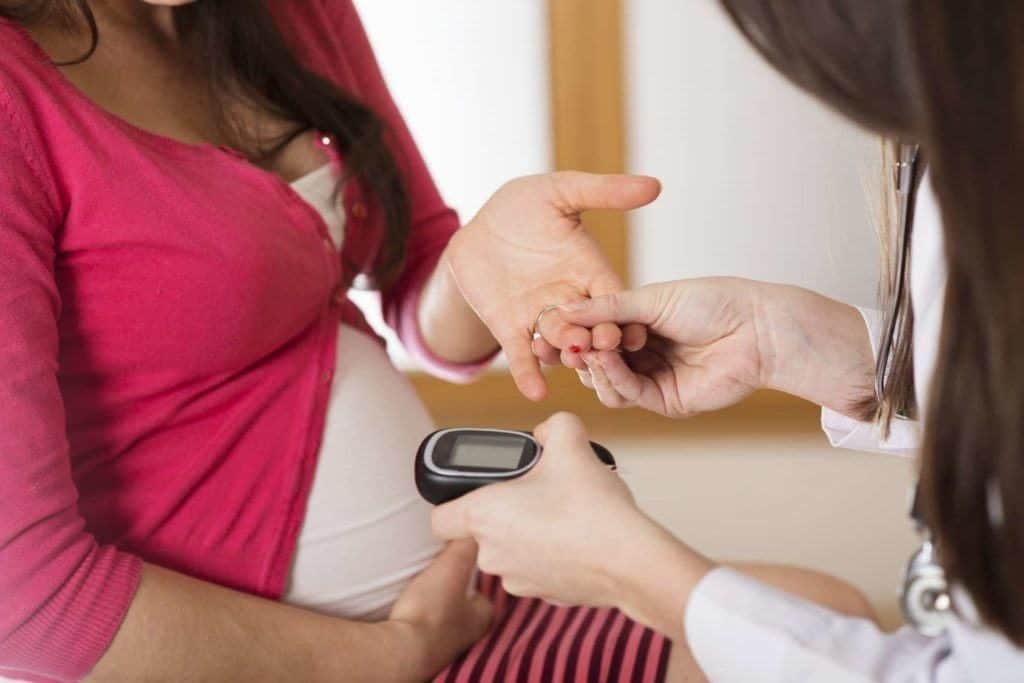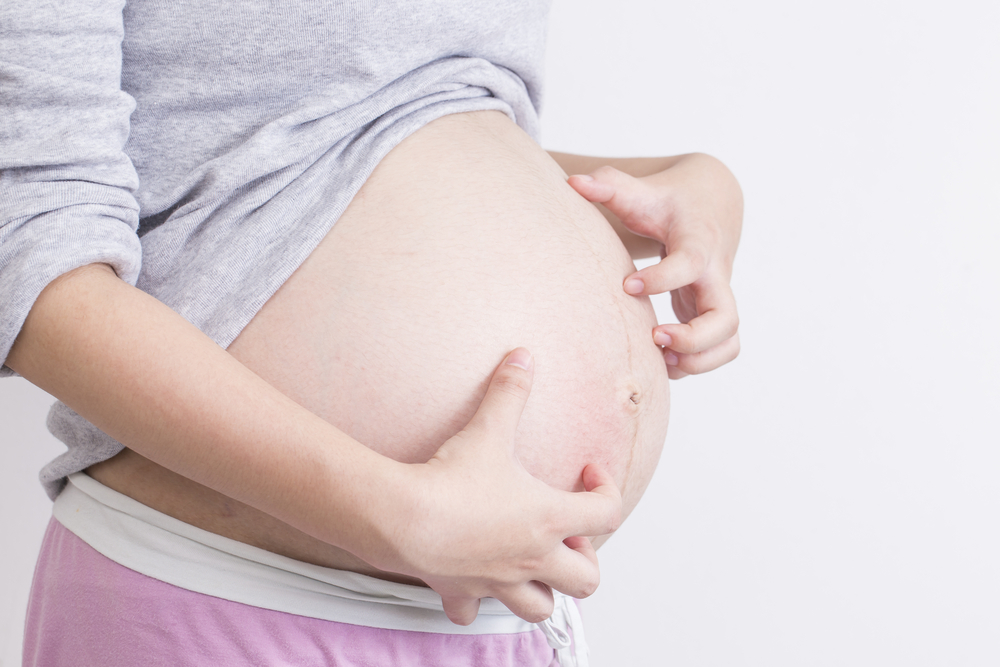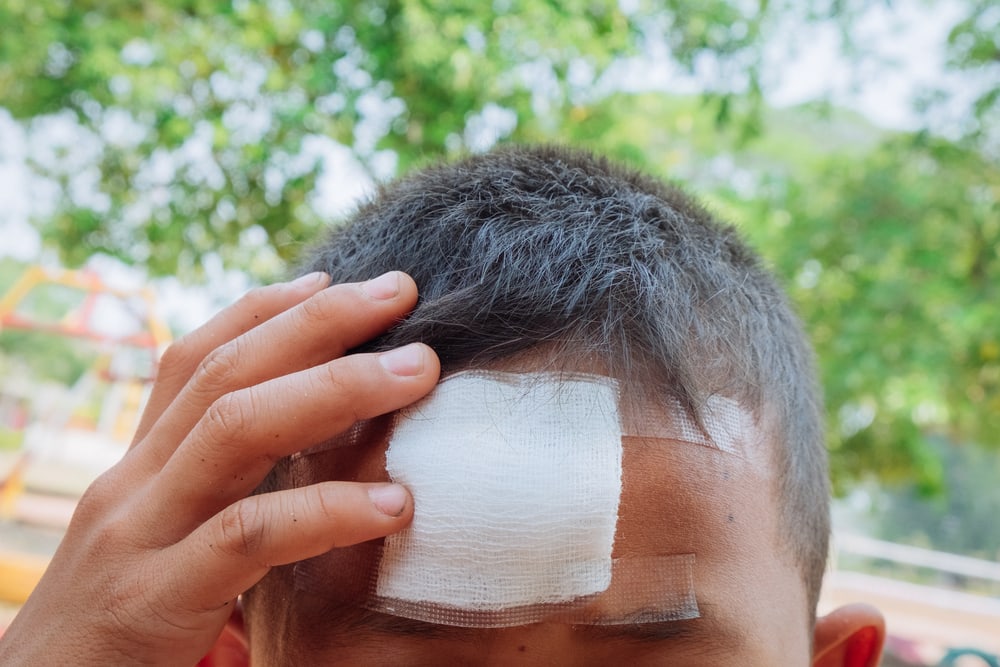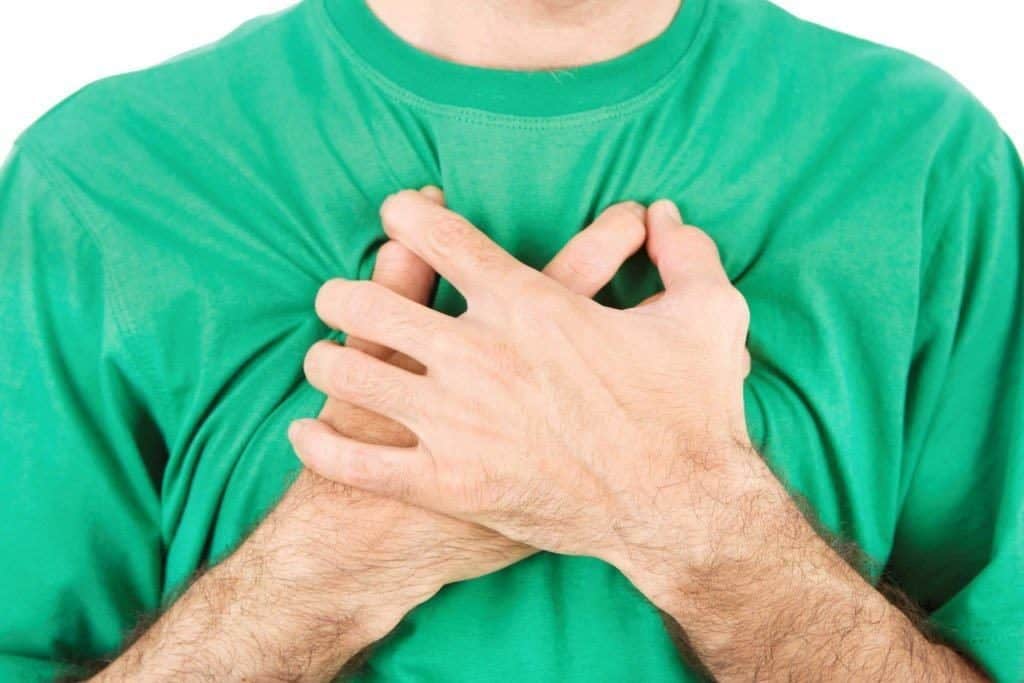Contents:
Medical Video: Genetic Testing For Cancer: What's in Your Genes?
Genes that are owned by someone inherited from parents. Everyone inherits half the genes from mother and half from father. Someone will inherit a gene that will determine the shape of hair, eyes, and skin color. In certain cases, people can also inherit genes that cause certain diseases such as the breast cancer gene.
Although inherited genes can cause breast cancer, this gene does not always occur even the number is only around 5 to 10 percent. The cause of breast cancer can also be caused by mutations of genes that are not inherited. For example, if a mutation occurs in a gene called HER2, this mutation can cause breast cancer.
What is HER 2?
The Human Epidermal Growth factor receptor 2 or abbreviated as HER2 is a gene that produces HER2 protein. The HER2 protein acts as a receptor on breast cells and can increase breast cell growth in every woman having HER2 in her breast cells.
In healthy breast cells, HER2 is responsible for cell growth and repairing cells in the breast. If the HER2 gene mutates, this mutation can cause an increase in uncontrolled cell growth by the HER2 protein. Uncontrolled growth causes cells to grow and can cause cancer. According to the Mayo Clinic, the cause of one in every five or 20% of breast cancers is the HER2 gene that cannot function properly.
Breast cancer caused by positive HER2 is not inherited from parents while those not caused by HER2 are considered as somatic genetic mutations. If you have someone who has a close relative with positive HER2 breast cancer, this does not mean you will increase your risk of breast cancer.
HER2 breast cancer test is positive
Positive HER2 breast cancer is sometimes more aggressive than all types of breast cancer because HER2 positive breast cancer also does not always respond to treatment for hormones.
If the patient has been diagnosed with breast cancer, chances are the doctor will do a test to determine whether the cancer is included in the positive HER2 breast cancer type or not. If the test shows HER2 breast cancer is positive, then the results of this test will affect the type of treatment in the patient.
This HER2 test is actually quite unsafe because the test results are sometimes wrong. If breast cancer in a patient is HER2 positive but the test results show negative, the test results will affect the type of cancer treatment a patient has. Consult the test results with the doctor to help the patient find out what type of cancer he is suffering from. But if you still doubt the results of the test, the patient can request a test back to the doctor.
Inherited breast cancer
Inherited breast cancer can be identified from two abnormal genes namely one breast cancer or BRCA 1 and BCRA 2. Every woman who has the BRCA1 gene and BRCA2 gene will be given treatment to repair cell damage and help restore healthy breast cells. BRCA1 and BRCA 2 genes cause cells to grow and mutate normally. This gene increases the risk of breast cancer.
Abnormal gene mutations can be inherited from generation to generation. If someone has a mother, grandmother, younger sibling, or other close relative who has breast or ovarian cancer, the patient will most likely have a mutating gene. Women with a BRCA1 or BRCA2 gene mutation can risk up to 80 percent of breast cancer. Although a person has a mutating gene, this does not always mean that mutations will develop in the direction of breast cancer.
Test for the BCRA gene
Genetic tests can tell someone if someone has a mutated BRCA gene. This test is important for knowing family history in passing on breast or ovarian cancer.
Contact your doctor if you want to know the condition of the BCRA gene or you can ask for a recommendation from a genetic counselor to do the BCRA gene test so you can know the results and risks when someone is known to have genetic BCRA.
Other trigger factors for breast cancer risk
A person's genes can influence the risk of breast cancer, but lifestyle is actually what has the greatest impact on breast cancer. Here are some precautions that might prevent us from diagnosing breast cancer.
- Maintain weight. Women who are overweight are more likely to be at risk of breast cancer or other cancers caused by mutated BRCA genes.
- Eat foods that are good for the body. Balanced food can help the body have a normal body weight and provide the body with the opportunity to absorb the many vitamins, minerals and nutrients needed.
- Exercising regularly can maintain a healthy weight. Exercise also serves to reduce the risk of certain diseases including cancer, heart disease, or depression.
- Stop smoking because women who smoke are more likely to get breast cancer.
- Reduce consuming alcohol because drinking alcohol such as wine or beer can increase your risk of breast cancer.












